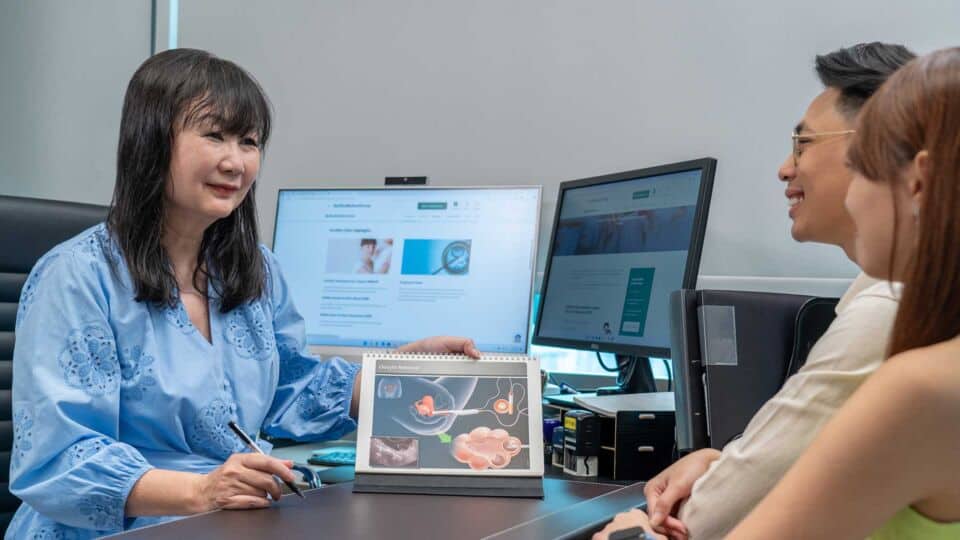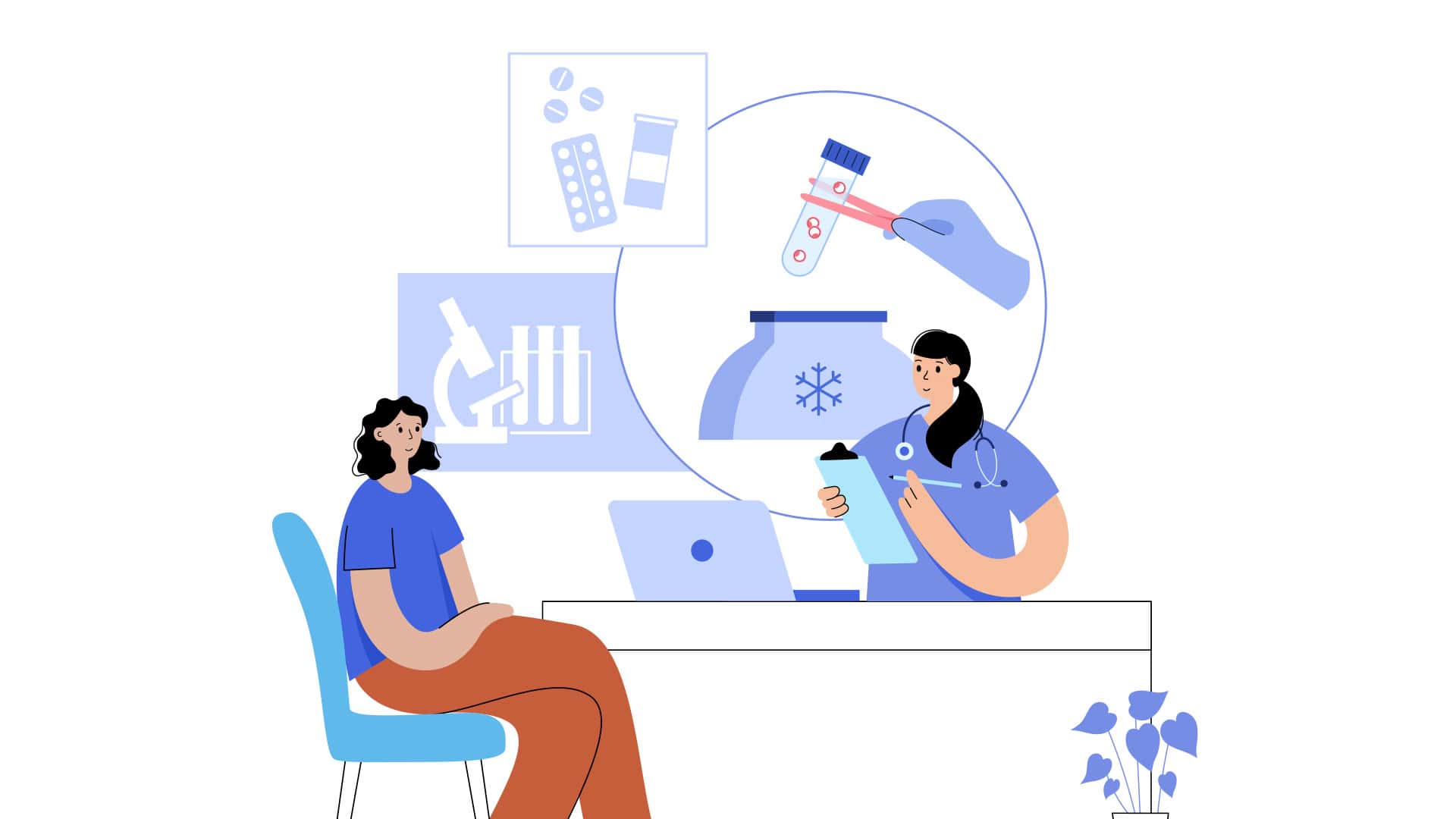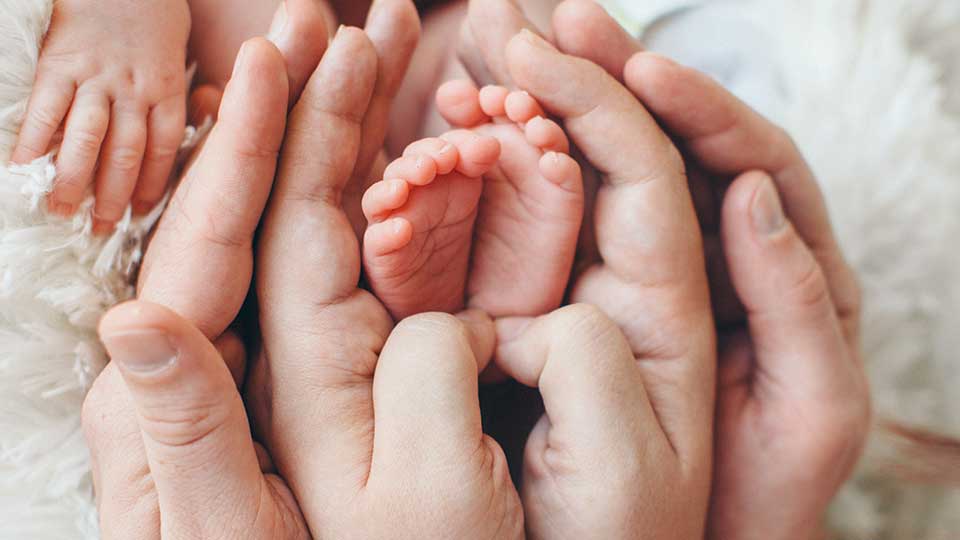Elective Egg Freezing for Cancer Patients

Cancer treatments can be life-saving, but they often affect fertility, making it difficult for patients to conceive in the future. For those looking to preserve their ability to have children later, elective egg freezing offers a promising solution.
Here is a simple guide to understanding what is elective egg freezing, why it matters, and how it can help cancer patients.
What is Elective Egg Freezing?
Elective egg freezing, also known as oocyte cryopreservation, is a process where a woman’s eggs are collected and frozen for future use. This technique allows individuals to preserve their eggs when they are still healthy, enabling them to try for a family later when their health situation is more stable and the timing is right.
Why consider egg freezing during cancer treatment?
Cancer treatments such as chemotherapy and radiation can damage eggs and impact fertility. For women undergoing these treatments, egg freezing can be a valuable option for preserving their fertility before starting treatment.
Here are three reasons why it might be worth considering:
Preserving future fertilityBy freezing eggs before cancer treatment, patients have the option to use these eggs for conception later when they are ready to start a family. |
|
Emotional ReassuranceKnowing that fertility options are preserved can reduce anxiety about future family planning, allowing patients to focus on their treatment and recovery. |
|
More family planning optionsEgg freezing provides flexibility and additional options for family building. After completing cancer treatment, a woman can still attempt to conceive naturally. If that is not successful, she can use assisted reproductive technologies, like in-vitro fertilisation (IVF), to utilise her stored eggs and start her family in the future. |
How does the process work?
Initial consultationA fertility specialist will evaluate your overall health and discuss your options. They will explain the egg freezing process, including potential risks and benefits. |
|
Ovarian stimulationTo prepare for egg retrieval, you will take hormone injections to stimulate your ovaries to produce multiple eggs. This usually takes about 10 to 14 days. |
|
Egg retrievalOnce the eggs are mature, a minor procedure is performed to collect them from your ovaries. This is done under sedation and is generally quick and minimally invasive. |
|
FreezingThe retrieved eggs are then frozenusing a technique called vitrification, which ensures they remain viable for future use. |
|
StorageThe frozen eggs are stored in a specialised facility until you are ready to use them. |

What to Expect
TimingThe egg freezing process can take a few weeks. Therefore, it is important to plan and start early, if possible, especially before starting cancer treatment. |
|
CostThe cost of egg freezing and storage can be significant, and it is worth discussing the financial aspects with your healthcare provider and insurance company. |
|
Emotional supportThe decision to freeze eggs can be emotionally challenging. It is important to have a support system and consider counselling to help navigate the emotional aspects of fertility preservation. |
Once cancer treatment is complete and you are ready to start a family, you can use the frozen eggs through IVF. Your fertility specialist will guide you through the process of thawing and fertilising the eggs to create embryos for implantation.
Elective egg freezing is a proactive step for cancer patients who want to preserve their fertility and future family options. By understanding the process and discussing it with your healthcare team, you can make informed decisions about your reproductive health and future.




